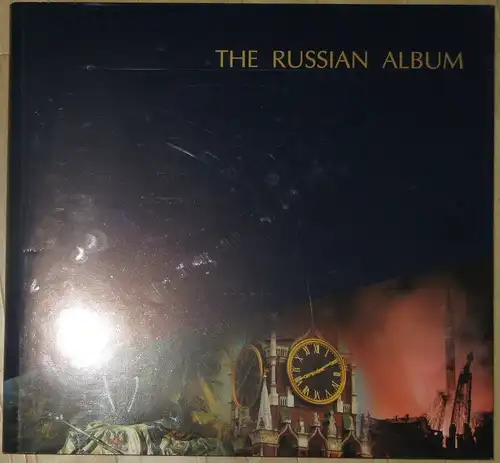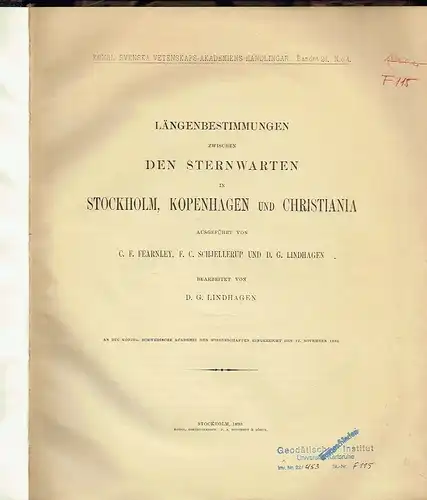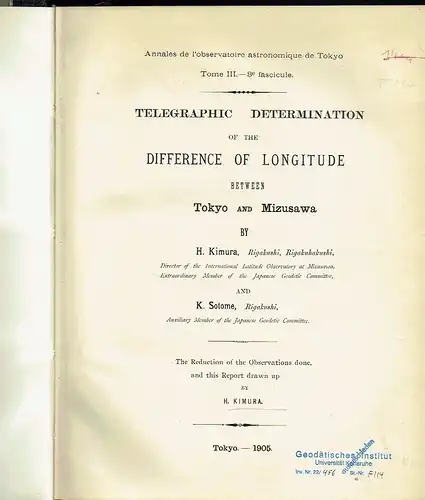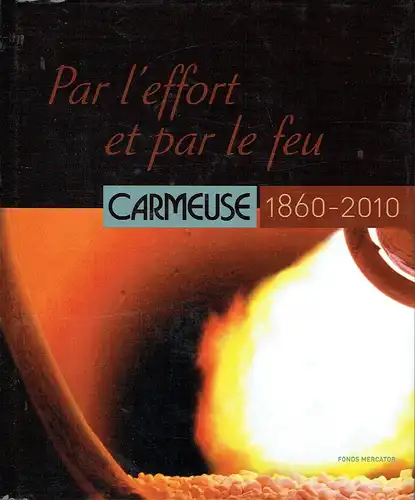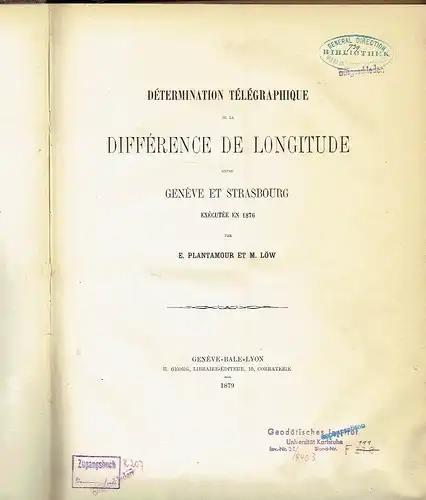Statut
sehr guter Zustand, geringe Gebrauchs- und Alterungsspuren: nahezu neuwertig - Schuber und Schutzumschlag minimal defekt, mit der dazu gehörigen CD "Masterpieces of Russian Music" "Russia (the Russian Federation) is the largest country in the world with more than 11.5% of the world's land surface. It could be compared to a 17,075,400 square kilometer blanket thrown over Europe and Asia. 6,400 Luxembourgs, 30 Frances or almost two USAs would fit under it. Russia is the country with the longest land borders. It neighbors 16 countries: Norway, Finland, Estonia, Latvia and Lithuania to the northwest, Belarus and Poland to the west, Ukraine to the southwest, Georgia, Azerbaijan and Kazakhstan to the south, China, Mongolia and North Korea to the south-east (Russia also has sea borders with Japan and the USA). The Russian coast touches upon 13 seas: the Barents, the White, the Kara, the Laptev, the East-Siberian and the Chuckchee to the north, the Baltic to the north-west, the Black, the Azov and the Caspian to the southwest, the Bering, the Okhotsk and the Sea of Japan to the east. Measuring Russia from north to south (from Rudolf Island in the Arctic Ocean to the border with Azerbaijan) the distance is more than 4,600 kilometers; from west to east (from Baltijsk to Uelen) the distance is more than 9,000 kilometers. Naturally, the climate of such a gigantic state is astonishingly varied and changeable. A continental climate dominates a larger part of Russia because of the small amount of precipitation and the sharp differences in winter and summer temperatures. Most Russians are used to a short summer and a long winter, which lasts five months an average. The shortest winter is in Dagestan, where there are only around 60 days with a temperature below 0°C. The longest winter, 300 days or more, is in the Arctic archipelagos. The lowest temperature (-69°C) was registered in Eastern Yakutia, the highest temperature (+45°C) in Lower Povolzhye. The country includes seven natural zones - Arctic desert, tundra, wooded tundra, woods, wooded steppes, steppes and semi-deserts. The climatic changes are especially noticeable Boing north to south in European Russia, and in Western and Central Siberia, where the influence of oceans and mountains is hardly fett. In these regions, the Arctic climate turns into the sub-arctic and then into tundra. Russia ranks second in the world in terms of fresh water resources (yielding only to Brazil), and most of these resources are in Siberia. It has around 120,000 rivers and 2 million fresh water and salt lakes. The deepest Lake in the world is Baikal (1,620 meters), containing 20% of the world's fresh water. The largest lakes in Europe are found in the Russian Karelia, such ...", Hardcover im Schuber, ca. 35,5 x 33,5, 213 Seiten mit zahlreichen Bildern und 1 Musik CD
